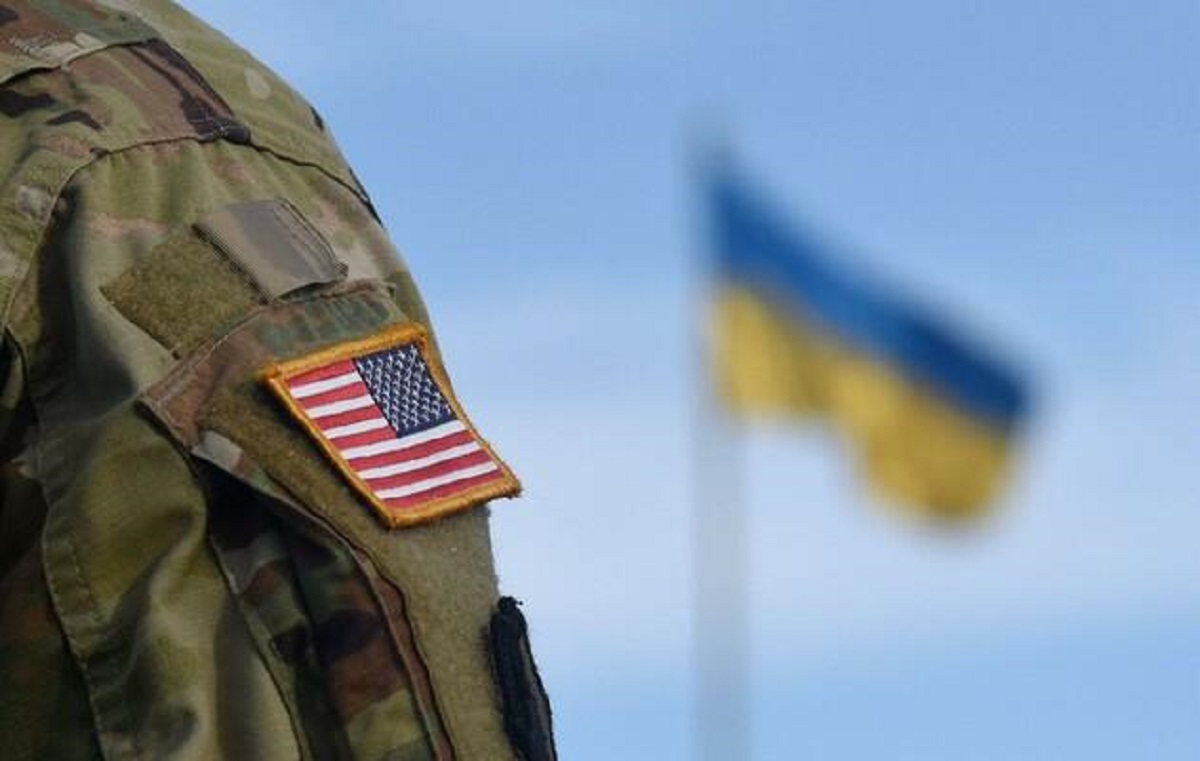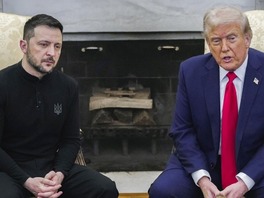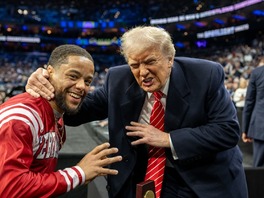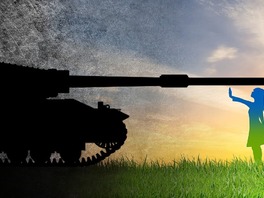The delayed US financial aid to Ukraine has sparked concerns about its ability to withstand large-scale Russian aggression. Washington intends probably to continue support and Congress wills to take necessary actions shortly. However, the focus remains on how to ‘pacify’ the enraged aggressor. In his column for Apostrophe Yuriy Vanetyk, a legal expert, political strategist, and Board member of the international human rights agency WEST SUPPORT (USA), advocates for heightened ‘non-financial’ aid for Ukraine and full-fledged sanctions against Russia.
The Russian Federation will continue to conduct large-scale attacks on Ukraine in the future, as per my analysis and views echoed by recognized military experts in the United States. The persistent feeling suggests Russia's full commitment to the war, with its authorities pursuing specific ‘goals’ and 'logic' consistently.
Hence, the United States must adopt an unequivocal stance on Ukraine. While moral support through advice and consultations is commendable, tougher positions and measures should be introduced here.
In the US, the notion of a swift victory for Ukraine reclaiming all occupied territories appears increasingly unrealistic. Discussions have shifted toward concerns about Ukrainian corruption and tactical and strategic missteps in Ukraine. Ambiguity positions abound in the US, though moral support is persistent. While better than nothing, it falls short of what is needed.
In the USA, perspectives on the situation can be characterized as either romantic idealism—supporting the fight against evil—or pragmatic detachment, like ‘this is all far from us, why do we need all this at all’. Pragmatism sometimes comes with some echo of Trumpian protectionism – ‘enough of their problems; Mexicans are crossing the border, we need to restrict them somehow, and there some incomprehensible things are happening in a distant country; how long this will continue - no one knows’.
Unfortunately, Ukraine has become a ‘football’ between the USA and Russia. But Russia is more ‘charged’ for all this stuff, and I know several people with similar opinions. The USA and Europe, as evident, are prone to shifting positions due to factors like changing priorities, fatigue, tiredness, re-election dynamics, or electoral outcomes. In the USA, its external engagements depend on the domestic landscape significantly. Russia contrasts with a growing internal stability, marked by the Kremlin's clear-cut dictatorship and a steadfast adherence to its position. The prevailing sense of ‘patriotism’ has entrenched Russians in the new realities, fostering a unified national mindset.
I advocate for intensifying public pressure on Russia through the formation of a new coalition or by significantly escalating the dynamics of sanctions. The current sanctions have reached a point where Russia has adapted, with those inclined to leave having done so. For the rest, it's become the ‘new normal.’ Without a shift in approaches, the conflict is poised to persist, even with continued U.S. support for Ukraine.
It must be admitted that the pedantry of the civilized world greatly inhibits its prompt actions. The Western world has to adapt extremely rigid measures in first charge for itself, accept them before orienting on them. Hence this is a certain weakness of Europe: they are very pedantic and not ready for extremely tough measures. Europe excels in criticism, expressing concern, and conveying anxiety, but the move from words into decisive actions faces challenges and not always goes well in all its countries.
Indeed, we have sanctions. But current sanctions are, so to speak, about European operations on a self-contained basis, avoiding direct engagement with Russia. The avoidance of transactions, agreements, commerce, and markets with Russia by European countries falls short of being sufficient.
I think there can be sanctions that are much more aggressive. It could be termed a ‘sanction regime’ too, but one that involves actively exerting pressure rather than simply passively excluding Russia from the process.
I am a member of one of the private clubs in the USA. People convene there and share their views on politics, geopolitics, and the economy. If someone faces significant issues or breaks the law, they may be expelled from the club. But this does not mean that they is excluded from the public life of the county or state. Sometimes extremely stringent measures are necessary, ones that Russian taxpayers would find challenging both psychologically and economically. These measures should be implemented to create conditions that make it untenable for Russians to accept and adapt to.
Probably, this is the only way to truly influence the situation. The prolonged conflict not only poses risks to the politics and economy of Ukraine but, more profoundly, it the family unit of Ukrainian society. Beyond the physical departure of many, the enduring impact lies in the altered state of those who remain. There will be families with a lot of moral trauma, grief, failures, and problems. That is what is tragic.
I think the USA will give money to Ukraine. Weapons too, I have no doubt. But the question here is whether it will be enough and what exactly it will change.
For sure, the Russian territories will face increased challenges as Ukraine is poised to launch attacks across its border and send sabotage groups to target military infrastructure within Russia. But, unfortunately, until Russia, as a country that started a full-scale unjustified war against Ukraine, faces significant repercussions Western expressions of concern go nowhere. A 10, 20, or 30 more times significant response to Russia's 2014 actions during its initial troop buildup or the subsequent 2014 aggression could have deterred a full-scale invasion of Ukraine. All because, apart from the use of force, in my view, the Russians simply cannot react to anything.






